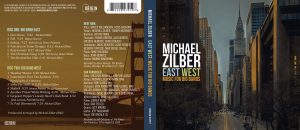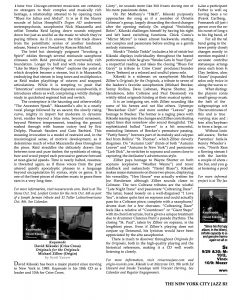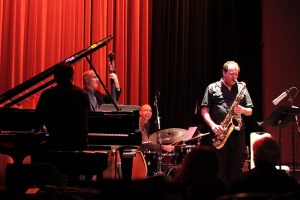Alisa Clancy, Chuy Varela, Chris Cortez and all the other wonderful KCSM hosts have been really supportive of my music, and this latest interview on East West – Music For Big Bands is a perfect example of that.
https://drive.google.com/file/d/1atMNsMoWqSeUhwHgAEcBFcW9wqmHUz9D/view?usp=sharing



